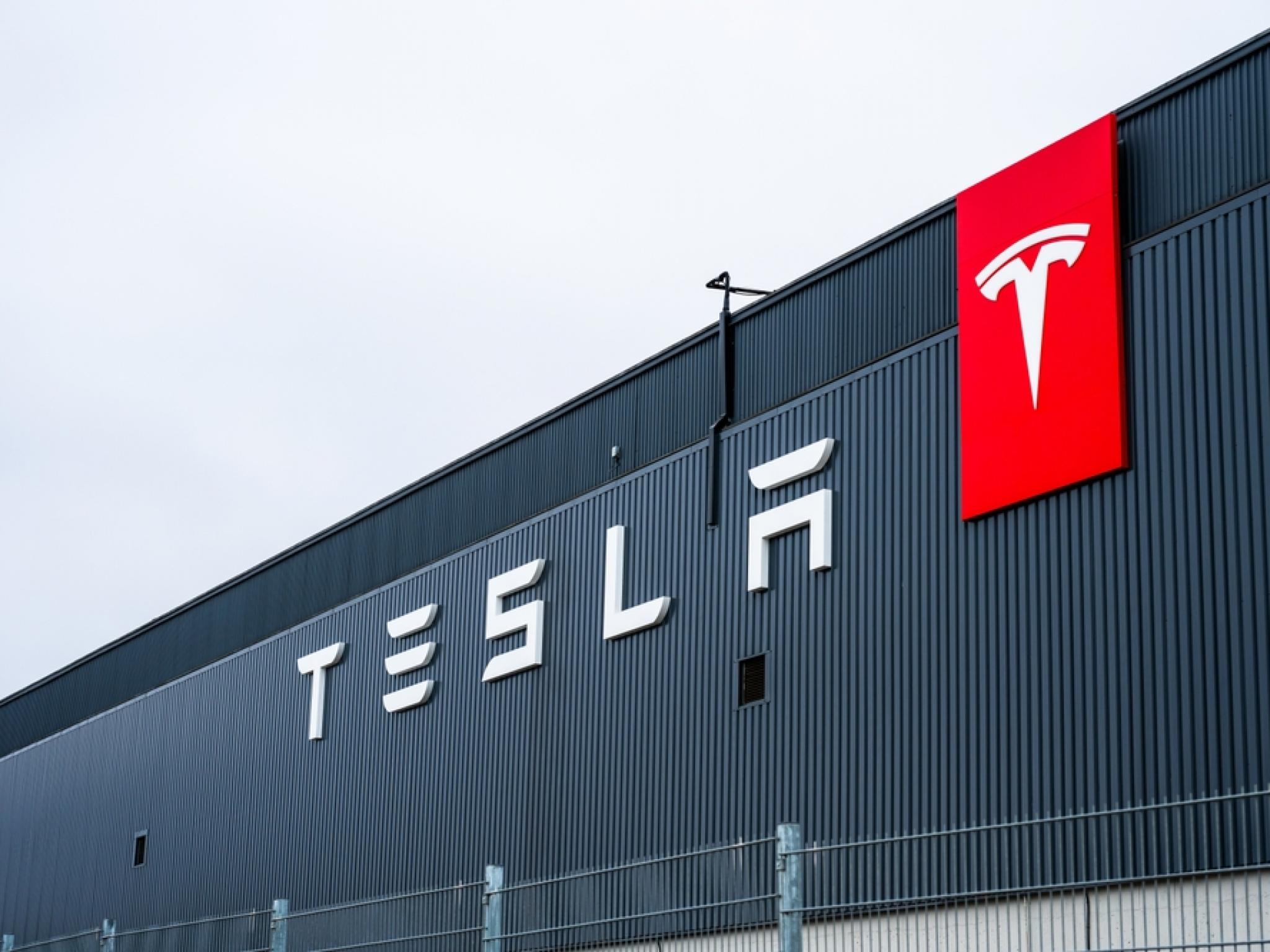
Increasing Debt Risk in Technology Companies


New York - The bond sales by major technology firms to finance the expansion of artificial intelligence are creating a high-risk bet in the $9 trillion U.S. corporate bond market. Leading investors like DoubleLine are taking a cautious approach due to the increasing debt burden in the sector.
In the past two months, four major cloud and AI "hyperscale" companies have sold a total of approximately $90 billion worth of public bonds. Alphabet, the owner of Google, sold $25 billion, Meta sold $30 billion, Oracle sold $18 billion, and most recently, Amazon sold $15 billion in bonds.
Many analysts predict that as technology giants race to finance AI-focused data centers, a higher amount of hyperscale debt issuance is expected in the coming year. The high-quality bond markets may need to absorb $1.5 trillion worth of AI data center bond sales over the next five years; this type of debt is expected to represent more than 20% of the investment-grade bond market by 2030, say J.P. Morgan analysts.
Robert Cohen, global head of credit at DoubleLine, stated, "The entry of this data center capacity into the investment-grade market creates a significant potential for refinancing in a new sector and could pose a material risk to the high-quality market."
Cohen remarked, "There is a large and yet unproven sector, and this could significantly change the risk profile of investment-grade credit; that is my concern."
The rising debt among technology companies is adding a new layer of anxiety in financial markets, despite high returns from artificial intelligence. Investors are cautious as this technology has not yet provided the earnings to justify such large capital expenditures.
Although U.S. investment-grade credit spreads are near historical lows, they have widened somewhat in recent weeks; this reflects growing concerns in the market regarding the new bond supply. Spreads widened to 86 basis points on Friday, reaching their highest level since the end of June.
The U.S. investment-grade bond market is valued at approximately $9.2 trillion, according to the ICE BofA U.S. Corporate Index.
Cohen stated that the corporate bond market remains in good shape due to various factors, including a strong economy, healthy corporate balance sheets, lower interest rates in recent years, and expectations for a compatible Federal Reserve in the future.
However, Cohen emphasized that the possibility of bond issuance from technology companies flooding the market is "not an immediate risk," but he added that he is "on alert" and continues to be cautious about becoming more exposed to this debt. "They are building capacity to support their objectives; yet, the ultimate usage is not entirely clear," he added.
.png)
Yakında Tüm Platformlarda
Sizlere kesintisiz haber ve analizi en hızlı şekilde ulaştırmak için. Yakında tüm platformlarda...








.png)